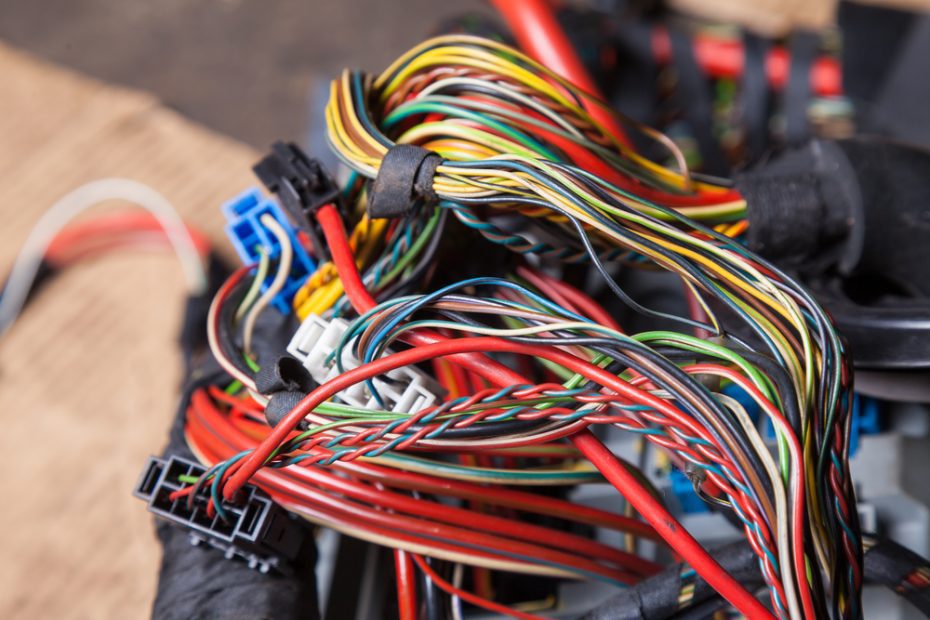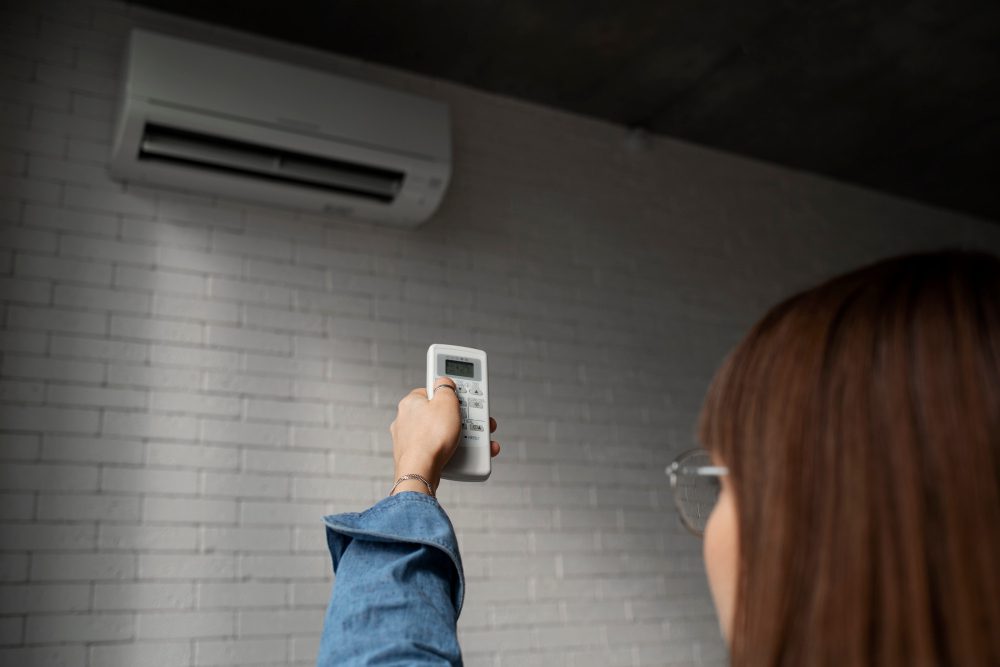What is a climate control electrical issue?
A climate control electrical issue refers to a problem in the electrical system of a vehicle’s climate control system. The climate control system is responsible for regulating the temperature, airflow, and overall comfort inside the vehicle cabin. When an electrical issue occurs, it can affect the proper functioning of this system, leading to various problems with temperature control, fan speed, and other climate-related functions.
Common signs of a climate control electrical issue
Identifying a climate control electrical issue can be challenging as it may manifest in different ways. However, some common signs indicate a potential problem with the electrical system. These signs include:
- Fluctuating or inconsistent temperature readings on the climate control display.
- The inability to adjust the temperature or fan speed using the control buttons.
- Frequent blowing of hot or cold air, regardless of the selected settings.
- Unresponsive buttons or knobs on the climate control panel.
- The climate control system not turning on or off when commanded.
If you notice any of these signs, it is important to address the issue promptly to maintain a comfortable and controlled climate inside your vehicle.
Potential causes of climate control electrical issues
Climate control electrical issues can stem from various underlying causes. Some of the common culprits include:
- Faulty temperature sensors: Temperature sensors play a crucial role in measuring the ambient temperature and relaying the information to the climate control system. If these sensors are defective, they can provide inaccurate readings and cause temperature-related issues.
- Blown fuses or relay problems: The climate control system relies on several fuses and relays to function correctly. If any of these electrical components fail, it can result in the loss of specific climate control functionalities.
- Wiring faults: Damaged or loose wiring connections can interrupt the flow of electricity within the climate control system, leading to erratic behavior or complete malfunction.
- Faulty control module: The control module is the brain of the climate control system. If it becomes defective, it can disrupt the communication between various components, resulting in electrical issues.
Dealing with a climate control electrical issue
When faced with a climate control electrical issue, it is advisable to seek professional help from a qualified automotive technician. They have the necessary expertise and diagnostic tools to identify the root cause of the problem and perform the required repairs.
It is essential not to attempt any electrical repairs or modifications on your own if you are not trained in automotive electrical systems. Incorrect procedures can further damage your vehicle or pose safety risks.
“Seeking professional assistance ensures that the problem is accurately diagnosed and resolved, providing you with a functioning climate control system that enhances your driving experience.” – Automotive Expert
In conclusion, a climate control electrical issue can disrupt the proper functioning of a vehicle’s climate control system, leading to discomfort and inconvenience. Understanding the signs, potential causes, and the importance of seeking professional help is crucial for maintaining a comfortable and controlled environment inside your vehicle.
What are the symptoms of a bad climate control unit?
Unresponsive Controls
If your climate control unit is not responding when you adjust the temperature or fan speed, it could be a sign of a faulty unit. The controls may feel stuck or not produce any change in the air conditioning or heating output.
Inconsistent Temperature
A bad climate control unit can cause inconsistent temperature levels in your vehicle. You may experience hot air blowing out when you’ve set it to cool, or vice versa. This inconsistency can make driving uncomfortable, especially during extreme weather conditions.
Strange Noises
If you hear unusual noises coming from your climate control unit, such as buzzing, clicking, or rattling sounds, it likely indicates a problem. These noises may indicate a malfunctioning component within the unit that requires inspection and repair.
Faulty Display
A malfunctioning climate control unit may have a faulty display, making it difficult to read or understand the settings. The screen may flicker, go blank, or display incorrect information. This can impact your ability to effectively control the temperature and airflow in your vehicle.
Unusual Smells
A bad climate control unit can sometimes result in strange or unpleasant odors coming from the vents. This could be due to a buildup of bacteria or mold within the unit, which requires cleaning and disinfection.
Increased Energy Consumption
If you notice a significant increase in energy consumption or fuel usage without any apparent reason, it could be linked to a malfunctioning climate control unit. A faulty unit may work harder to maintain the desired temperature, resulting in increased energy demands.
Reduced Airflow
A failing climate control unit may also result in reduced airflow from the vents. You may notice that the air conditioning or heating does not reach the desired intensity or doesn’t circulate properly throughout the vehicle.
Intermittent Operation
If the climate control unit works sporadically, turning on and off without any apparent pattern, it could indicate a problem. This can be frustrating and unpredictable, especially when you rely on the unit to regulate the temperature inside your vehicle.
Incompatibility with Other Functions
In some cases, a bad climate control unit may interfere with other electrical functions in your vehicle. For example, it may cause issues with the radio, navigation system, or other dashboard controls. These compatibility issues can be a clear indication of a faulty unit.
Why is my climate control not turning on?
Possible Causes
There are several reasons why your climate control may not be turning on. Here are some common causes:
- Faulty thermostat: If your thermostat is not functioning properly, it may not send the signal to turn on the climate control system.
- Blown fuse: A blown fuse in the climate control circuit can prevent power from reaching the system.
- Electrical wiring issues: Loose connections or damaged wiring can disrupt the flow of electricity to the climate control system.
- Defective control module: The control module responsible for regulating the climate control functions may be faulty and need replacement.
- Low refrigerant levels: Insufficient refrigerant can cause the system to shut down as a safety measure.
Troubleshooting Steps
If your climate control is not turning on, you can try the following troubleshooting steps:
- Check the thermostat: Ensure that the thermostat is set correctly and functioning properly. Replace the batteries if necessary.
- Inspect the fuses: Locate the fuse box and check if any fuses related to the climate control are blown. Replace them if needed.
- Examine the wiring: Inspect the electrical connections and wiring harness for any signs of damage or loose connections. Repair or replace as required.
- Test the control module: Consult a professional mechanic to diagnose and test the control module for any faults. Replace if necessary.
- Check refrigerant levels: If other steps do not resolve the issue, have a certified technician check the refrigerant levels and perform any necessary repairs or refills.
“It’s important to address the issue as soon as possible to avoid discomfort while driving and prevent further damage to the climate control system.” – Car Mechanic
In some cases, the problem may require professional diagnosis and repair. If you are unsure or unable to resolve the issue on your own, it is advisable to seek assistance from a qualified automotive technician.
Conclusion
A malfunctioning climate control unit can lead to various symptoms, including unresponsive controls, inconsistent temperature, strange noises, faulty displays, unusual smells, increased energy consumption, reduced airflow, intermittent operation, and incompatibility with other functions. If you experience any of these symptoms, it is recommended to have your climate control unit inspected and repaired by a professional mechanic.



